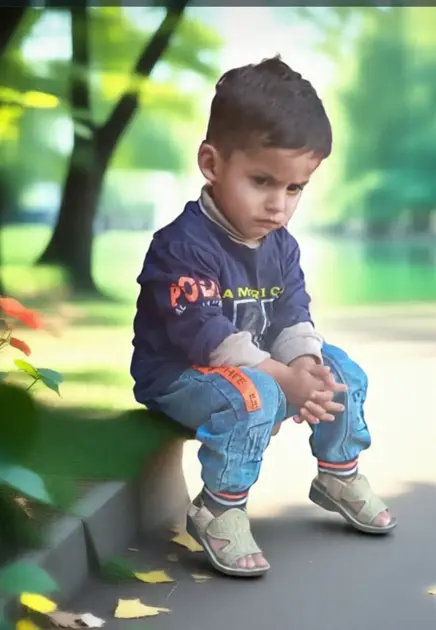Childhood depression is a serious mental health condition that affects millions of children worldwide. It’s essential to recognize the signs and symptoms of depression in children to provide them with the necessary support and treatment.

Prevalence of Childhood Depression
According to the CDC, over 4.4% of children aged 3-17 years live with depression in the US, which translates to approximately 2.7 million children. Globally, about 21% of children and teens display symptoms ranging from mild to severe depression ¹ ².
Signs and Symptoms of Childhood Depression
Children with depression may exhibit different symptoms than adults. Some common signs include ² ³:
- Emotional Symptoms:
- Persistent sadness or irritability
- Loss of interest in activities they once enjoyed
- Feelings of worthlessness or guilt
- Behavioral Symptoms:
- Decline in academic performance
- Social withdrawal
- Risky behaviors
- Physical Symptoms:
- Changes in appetite or weight
- Sleep disturbances
- Fatigue
Causes of Childhood Depression
Childhood depression can arise from a combination of genetic, environmental, and psychological factors, including ³ ²:
- Genetic Factors: Family history of depression or other mental health disorders
- Environmental Influences: Stressful life events, such as parental divorce, loss of a loved one, or bullying
- Biological Factors: Imbalances in brain chemistry and hormonal changes
Solutions and Treatment Options
Treatment for childhood depression typically involves a combination of psychotherapy and medication. Some effective treatment options include ¹ ⁴ ³:
- Cognitive Behavioral Therapy (CBT): Helps children identify negative thought patterns and replace them with positive ones
- Family Therapy: Involves family members to improve communication and support within the home
- Medications: Selective serotonin reuptake inhibitors (SSRIs) are commonly prescribed for children with depression
- Lifestyle Changes: Regular exercise, healthy diet, and sufficient sleep can help alleviate symptoms
Supporting Children with Depression
Parents and caregivers can play a vital role in supporting children with depression by ³ ²:
- Encouraging Open Communication: Creating a safe and supportive environment where children feel comfortable discussing their feelings
- Seeking Professional Help: Consulting with mental health professionals for proper diagnosis and treatment
- Promoting Healthy Habits: Encouraging regular exercise, healthy eating, and sufficient sleep
Conclusion
Childhood depression is a treatable condition that requires early recognition and intervention. By understanding the signs and symptoms of depression in children and providing them with the necessary support and treatment, we can help them manage their symptoms and improve their overall well-being.


